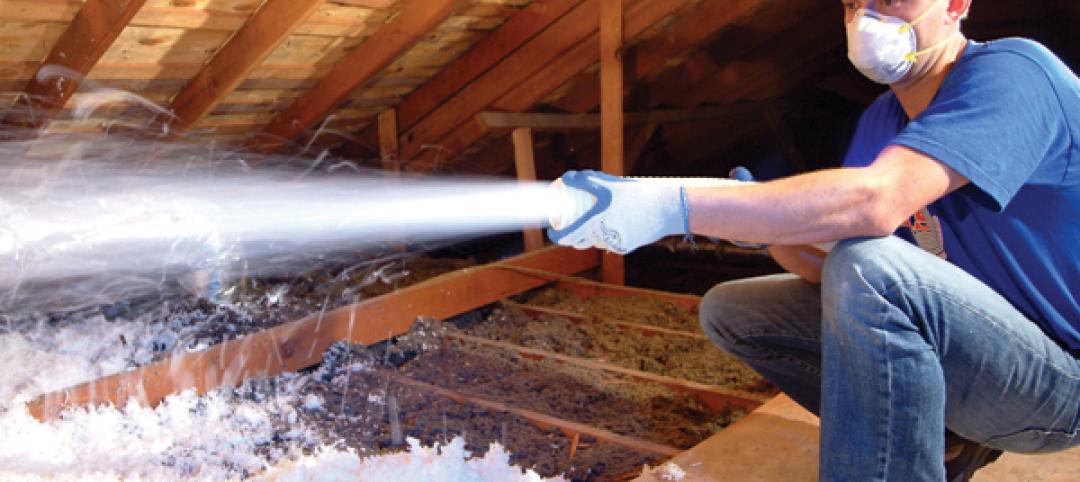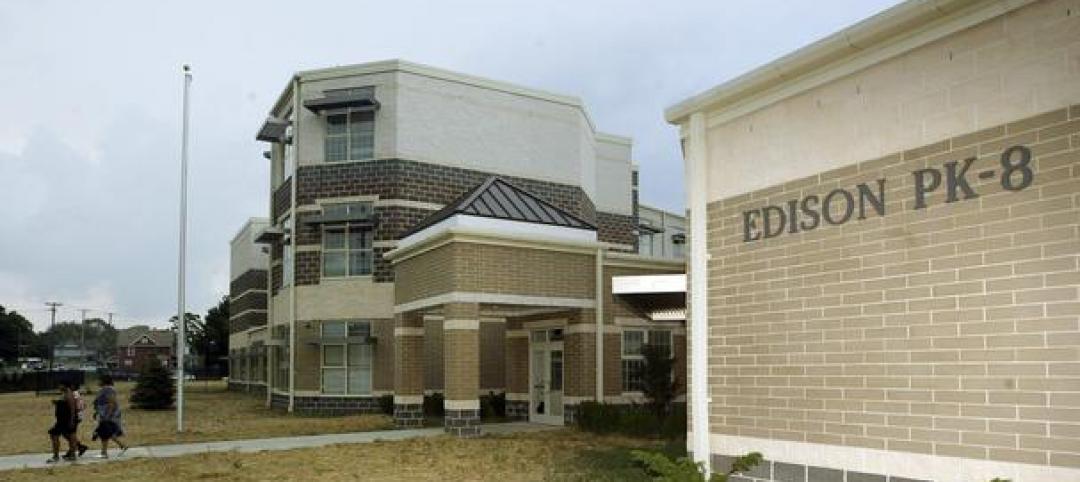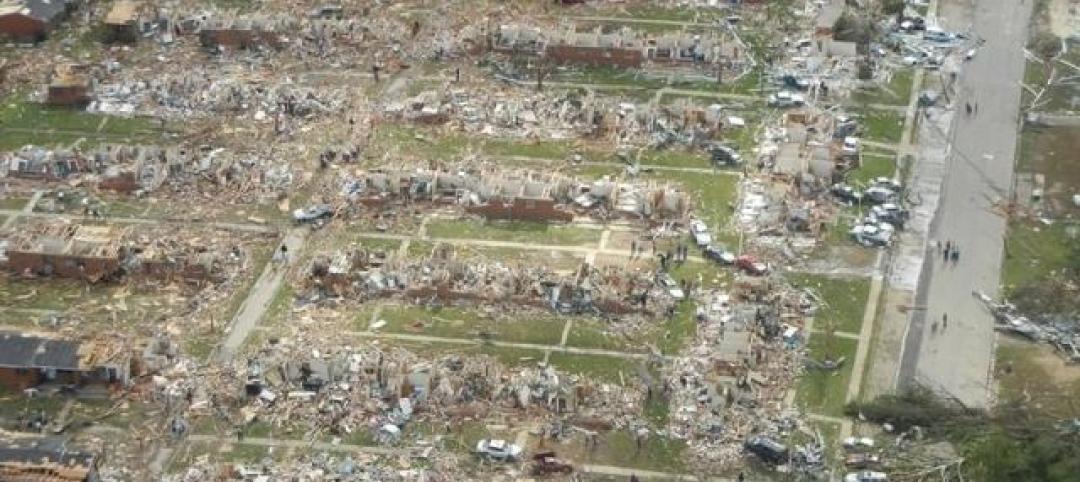More than two dozen local government officials in California recently signed a letter urging Gov. Gavin Newsom to back a statewide all-electric mandate for all new building construction.
This action is needed, the officials say, after a U.S. 9th Circuit Court of Appeals ruling this year nullified the city of Berkeley’s ban on natural gas hookups on new buildings. In 2019, Berkeley became the first U.S. city to ban gas in new buildings for all uses including heating and hot water.
Currently, more than 75 California municipalities have “a form of building electrification requirement in place via their local codes,” according to a letter from the officials to Newsom.
The Berkeley decision could be reversed in court, but that could take several years. In the meantime, local electrification requirements are at risk of being overturned in court.
“Without your administration stepping in … many municipalities will be forced to backtrack on progress cutting emissions from buildings, due to insufficient resources to fight frivolous and opportunistic lawsuits,” the letter reads. “The best path forward in light of recent legal challenges is to follow the lead of local jurisdictions and pursue statewide implementation of common-sense clean emission measures for buildings.”
Related Stories
| Dec 29, 2011
GreenWizard offers cloud-based LEED credit management, assessment
The company recently began offering companies the ability to run assessments for design credits, in addition to traditional product-specific LEED credits.
| Dec 22, 2011
Federal home weatherization program has impacted 6.8 million homes
More than 6.8 million homes have been weatherized using federal, state, utility, and other funds under the American Recovery and Reinvestment Act.
| Dec 22, 2011
Group developing BIM data standards
A collaboration among Georgia Tech’s Digital Building Lab, the Precast Concrete Institute, the American Concrete Institute, and the American Institute of Steel Construction aims to develop global standards for transportation of three-dimensional digital models among fabricator, architecture, engineering, and construction groups.
| Dec 22, 2011
New green code spells out thermal requirement for roof retrofits
The 2012 International Green Construction Code (IgCC) includes a straightforward approach to minimum thermal requirements for roof and wall systems.
| Dec 22, 2011
AGC’s safety conference Jan. 11-13 in San Antonio
The Associated General Contractors of America’s national meeting for safety and health professionals will take place Jan. 11-13, 2012 in San Antonio, TX.
| Dec 22, 2011
Proposed New York City zoning revamp encourages rooftop solar and wind energy
New zoning regulation proposals to make it easier for building owners in New York City to make their structures more sustainable have entered the public approval process.
| Dec 15, 2011
Dayton, Ohio schools saving $2.6 million annually by building to LEED
On average, green schools save about $100,000 a year on operating costs, including energy and water savings.
| Dec 15, 2011
Building to LEED standards can pose new risks for construction workers
Workers on these projects suffer a 24% increase in falls to lower levels during roof work, which researchers attributed to the installation of solar panels, and a few other risks.
| Dec 15, 2011
NRDC charges Maine governor with weakening green wood requirement
The FSC program is administered through the Leadership in Energy and Environmental Design (LEED) and requires wood to be harvested in a sustainable way.
| Dec 15, 2011
Post-tornado, Tuscaloosa seeks to create walkable urban, retail areas
Block sizes initially were limited to a maximum perimeter of 1,750 feet, with no side of the block being longer than 500 feet.
















